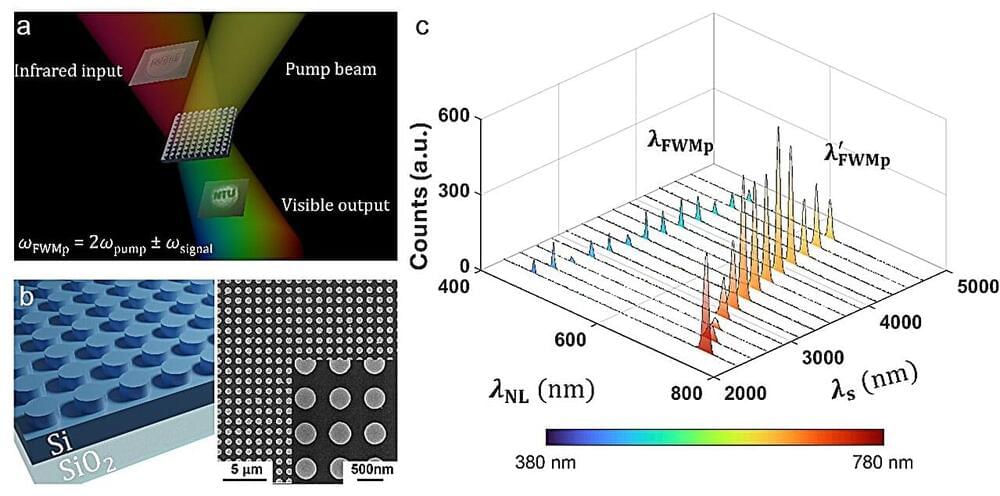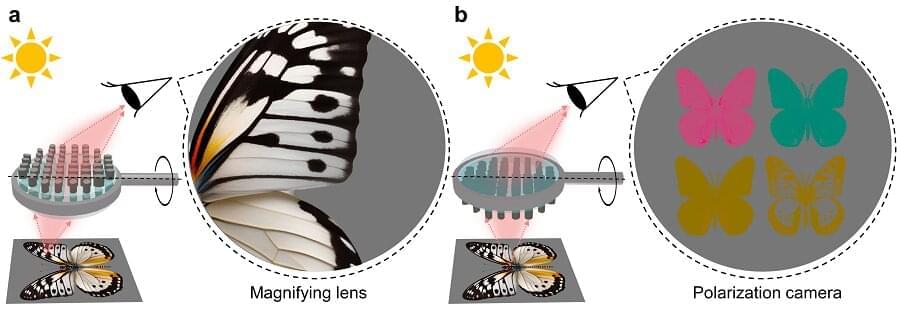Ready to set another industry record!
New multi-launch agreement between Firefly Aerospace and True Anomaly includes three Alpha missions to provide rapid launch capabilities for Tactically Responsive Space mission sets
Cedar Park, Texas, October 17, 2024 – Firefly Aerospace, Inc., an end-to-end space transportation company, and space defense technology company True Anomaly, Inc., today announced a multi-launch agreement for three responsive launch missions aboard Firefly’s Alpha rocket. The first mission will deploy the True Anomaly Jackal Autonomous Orbital Vehicle (AOV) for the U.S. Space Force Space Systems Command’s VICTUS HAZE Tactically Responsive Space (TacRS) mission targeted for 2025. The two additional missions are available for execution between 2025 and 2027.
“VICTUS HAZE is an exemplar for how strong partnerships between the U.S. government and an exceptional industry team can create asymmetric capabilities at record speeds,” said Even Rogers, CEO of True Anomaly. “Firefly Aerospace has consistently demonstrated innovation and agility in the rapidly evolving landscape of responsive space launch logistics and space vehicle deployment. We are confident that they will build on their track record from VICTUS NOX, enabling True Anomaly to deploy the Jackal Autonomous Orbital Vehicle for VITCUS HAZE. The procurement of additional rapid, responsive launch capacity from Firefly beyond VICTUS HAZE, paired with True Anomaly’s rapid manufacturing capability will enable standing capacity for the U.S. National Security Space enterprise to rapidly respond to mission requirements in Low Earth Orbit and Medium Earth Orbit.”








